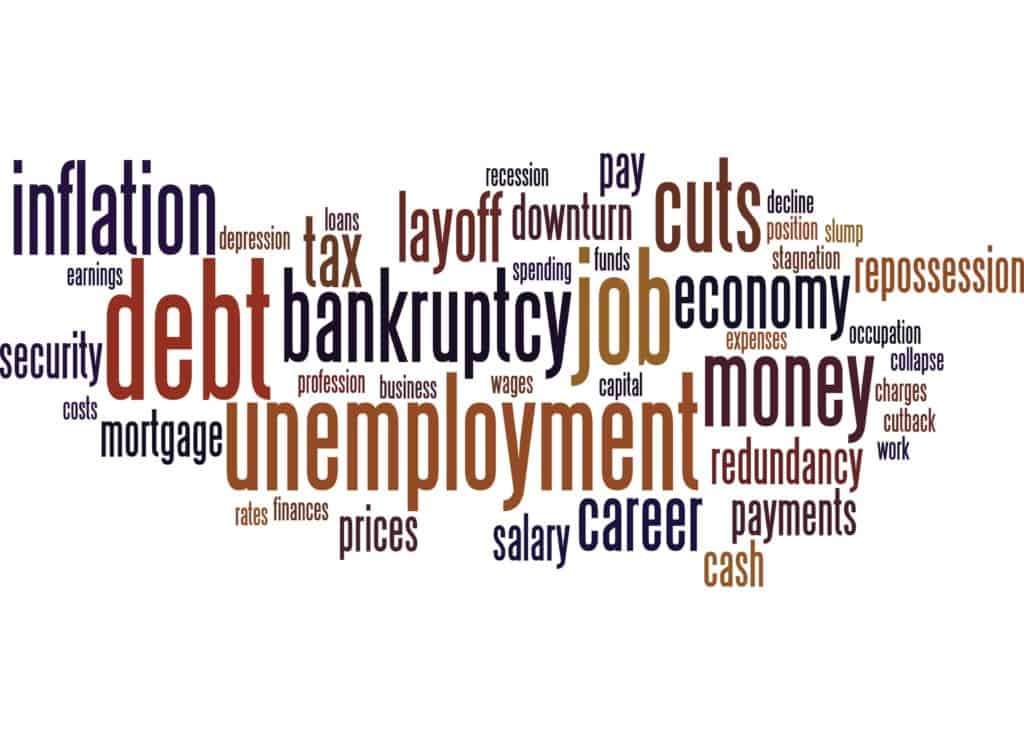Navigating our way through the recession
How we got here and what we can do about it
It probably surprises no one that Alberta is now in a recession.
Rob Roach, director of research for ATB’s economics and research team, explains that while Statistics Canada tracks Canada’s Gross Domestic Product (GDP) on a quarterly basis, it only does so annually for the provinces.
“We know by the end of 2020, [Alberta’s GDP] is going to be lower than 2019. We’re in it [a recession] now. There’s no doubt about it with the pandemic in play,” says Roach. “In about mid-April it became apparent that this was going to be an economic contraction. What’s clear now is that it’s going to be a longer recession than we thought.”
In Alberta’s case, the recession isn’t just because of the pandemic, although that played a big part.
“In an effort to flatten the curve, we’ve shut down big parts of the economy. Oil demand is down.” Because of that, there’s a surplus of oil that will need to be used up before more can be produced. Therefore, oil prices are low. “It’s an extra punch in the stomach during the pandemic.”
It’s unclear how long the recession will last. “We’ll probably see growth again in the second half of the year.”

While the economy will be growing, Roach notes that it will probably be a year or two before it’s noticeably better.
“The other wildcard is a second wave. Minimizing the virus going forward is the goal,” says Roach.
But while the recession is stressful, people have options in making life a little easier.
“We can’t help the circumstances we’re in,” says Aly Sumar, ATB’s senior vice president of everyday financial services. He advises to try to get ahead by preparing as much as possible.
From a financial standpoint, this means assessing your finances and thinking about what you might need. Even if you still have a job, it’s a good idea to talk to your banker to see what proactive measures you can take.
“Make the connection now before there’s a potential problem,” says Sumar.
And of course if there is a problem, talk to your financial institution; the worst thing you can do is avoid their calls. In fact, they may be able to help connect you to some resources.
“All banks have a very good line of sight for relief programs as well as any other accommodations we can make,” says Sumar. These relief programs are from the provincial and federal government. Plus, banks may know a little more about the programs than the average person. “A lot of these programs have so many nuances [and] you may be qualified for more than one program.”
It’s important to keep in mind that everyone’s financial situation is different. For example, some people may find it best to defer their mortgage payments. Alternatively, mortgage payments for other people may be lower but they’re using their credit card more. So for them, they’d need to take a different approach.
“There isn’t a one size fits all approach,” Sumar says. Having a conversation with your bank can help stretch your dollars further. “We want the same things: to minimize cost and maximize psychological safety and financial security.”
Featured Image: Alberta’s recession was impacted by oil prices and by the pandemic. | Pixabay







